Keywords: Death
There are more than 200 results, only the first 200 are displayed here.
-
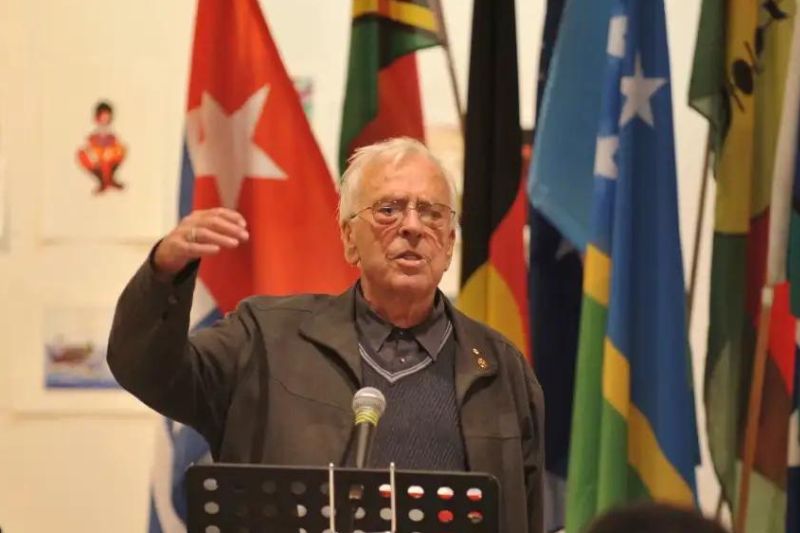
AUSTRALIA
- Andrew Hamilton
- 10 October 2022
8 Comments
Two weeks ago, Bishop Hilton Deakin died. My memories of him are inextricably tied to the Mass he celebrated in 1999 at St Patrick’s Cathedral in Melbourne, certainly the most emotionally charged event that I have seen there, following the violence orchestrated by the Indonesian military following the Referendum on Independence in East Timor. During the struggle for Independence, many East Timorese had joined the Catholic Church.
READ MORE 
-
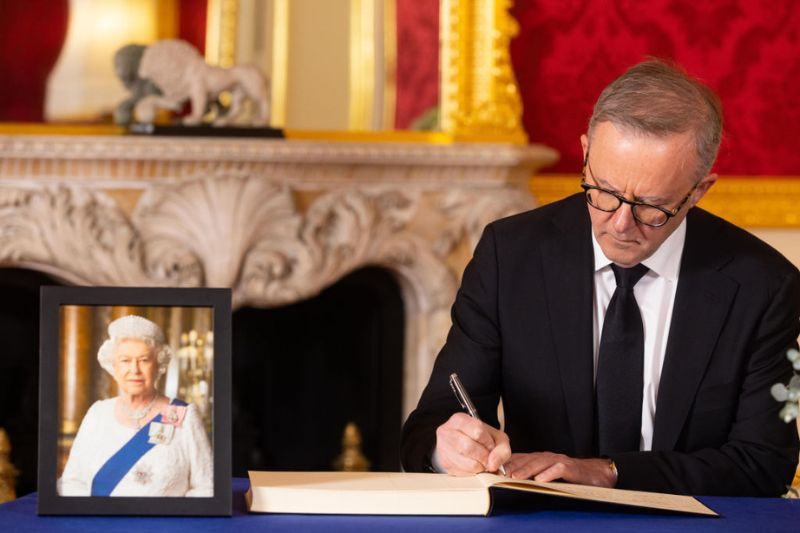
AUSTRALIA
- Julian Butler
- 06 October 2022
4 Comments
There is no popular groundswell for constitutional change in the direction of a republic just at this moment. The parliamentary recess, the proclamation by the Governor General of our fealty to the new King, and the public holiday were all a bit embarrassing. The parade being over, we can go back to gawking at the Royal Family much like Americans do. The question of what monarchy means for us feels best left alone for a while.
READ MORE 
-

ARTS AND CULTURE
- Andrew Hamilton
- 03 October 2022
In the last few weeks, we have been drowned, smothered or mired in words that have striven for solemnity. Such occasions as the death of Queen Elizabeth II and the various Grand Finals are held to transcend the everyday and so to demand elegiac or epic words. It is easy to laugh at the manifest failures to reach those heights, whether by Poets Laureate who should have known better, or by excitable journalists. There is, however, something endearingly human in the attempt.
READ MORE 
-
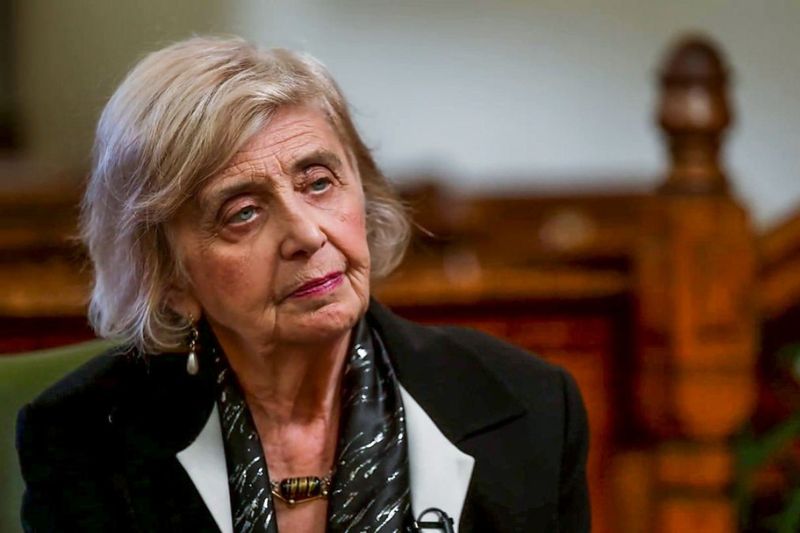
ARTS AND CULTURE
- Gillian Bouras
- 29 September 2022
1 Comment
Humans depend greatly on hope. In a recent interview, Tova Friedman discusses her book The Daughter of Auschwitz, the memoir of the part of her childhood spent in the eponymous and notorious concentration camp. Can someone who has seen first hand the depths of human depravity be at all hopeful about the future?
READ MORE 
-
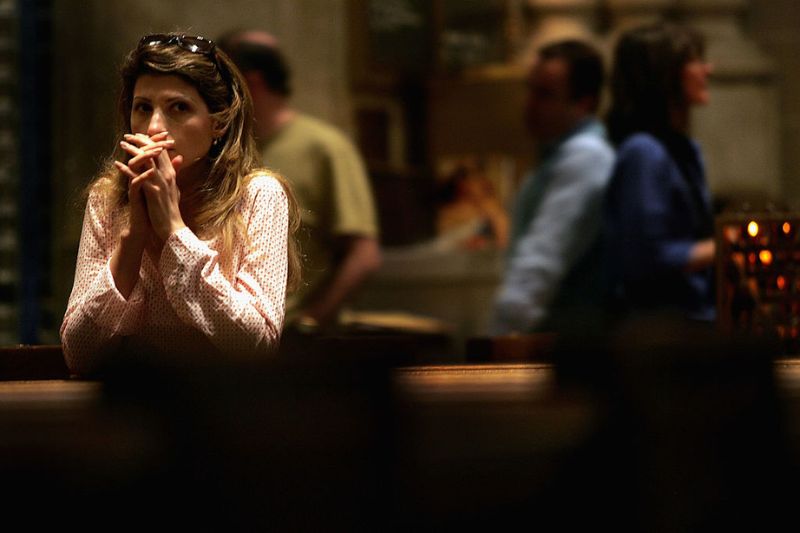
RELIGION
- Terry A. Veling
- 20 September 2022
4 Comments
The beauty of questions is they remind us that we do not know, even as they lure us into their openness. Questions are rarely ever closed or settled. Honner’s books are built around questions. ‘If God made the world, who made God?’ Or, leaving behind pure speculation, ‘Why doesn’t God answer my prayers?’ These are deep mysteries, but they are not meaningless mysteries, Honner says.
READ MORE 
-
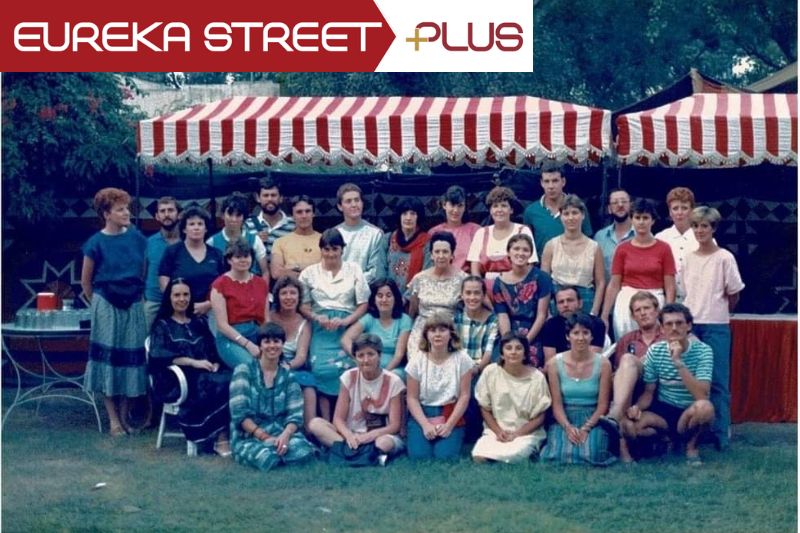
ARTS AND CULTURE
- Michele Frankeni
- 20 September 2022
Out of the blue I was sent a photograph that is nearly 40 years old. Why did this photograph trigger a wave of nostalgia? For me, nostalgia is not something to be sneered at as a longing to return to a forgotten past, but rather respected for allowing us to reflect on remembered joys.
READ MORE 
-
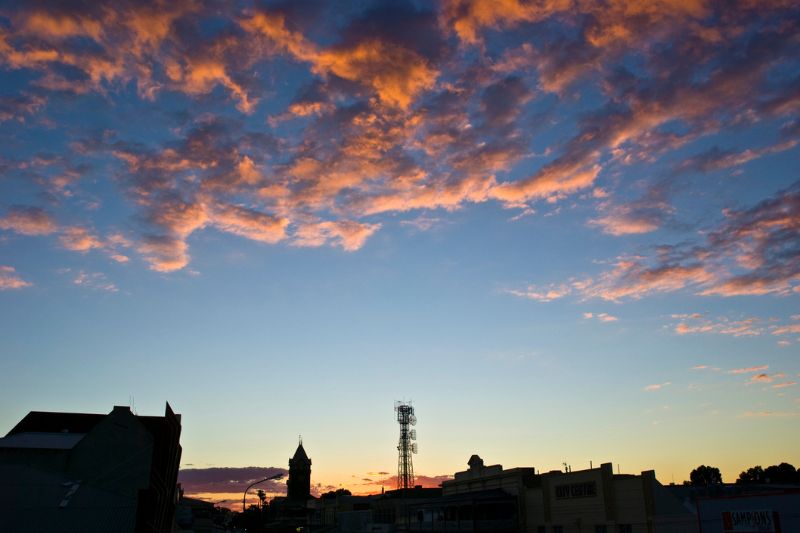
AUSTRALIA
- Bernard Appassamy
- 20 September 2022
The shards are earthenware with geometric or figurative coloured patterns. Their cracked glazes and ragged edges echo the outback raw aesthetic, and allude to the ongoing challenging narratives of Broken Hill. Now they are sitting large on my desk claiming a distinctive extraction value from a mining city, and whispering, like books on a homely shelf, an intimate lasting merit.
READ MORE 
-
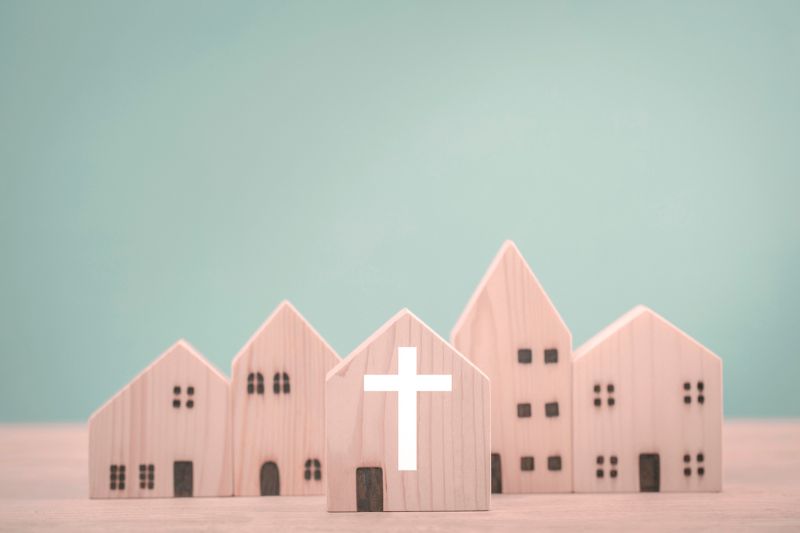
RELIGION
- Paul Collins
- 20 September 2022
5 Comments
The word ‘Catholic’ is derived from the Greek Καθολικός (katholikos) meaning universal, of the whole, and the entire tradition is the very opposite of sectarian, particularist, narrow. It is most truly itself when it’s embracing and inclusive.
READ MORE 
-
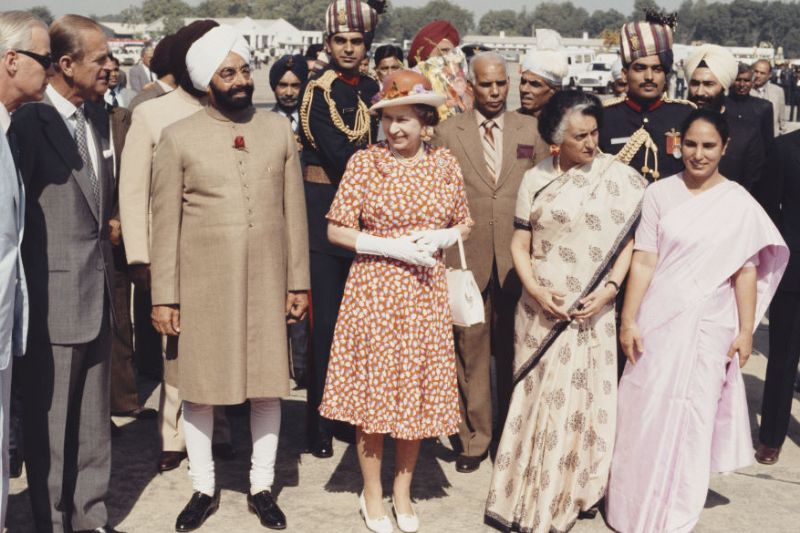
INTERNATIONAL
- Binoy Kampmark
- 20 September 2022
7 Comments
When more nuanced commentary around the passing of Queen Elizabeth II came to the fore, it was hard to avoid the difficult realities of the British monarchy and an institution that has not, through its history, delighted those conquered in its name. With Elizabeth II, it was notable that she let an opportunity to engage the topic of empire in Britain’s collective memory go begging.
READ MORE 
-
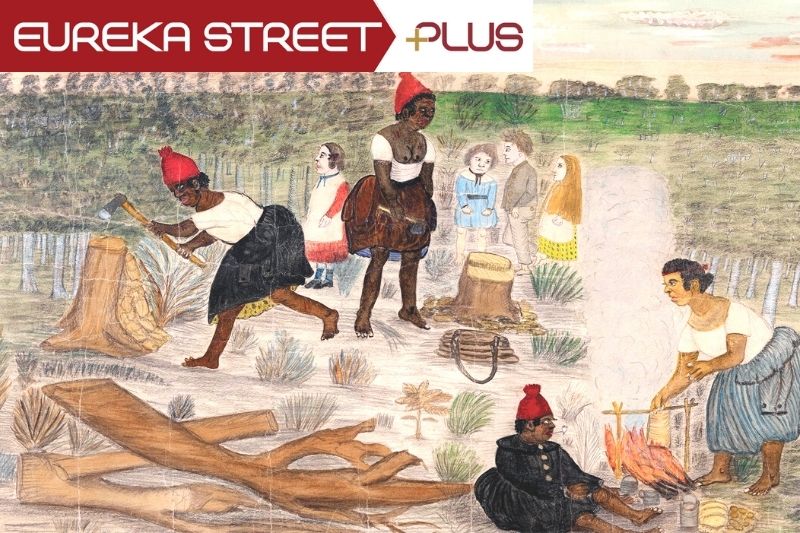
ARTS AND CULTURE
- Andrew Hamilton
- 16 September 2022
1 Comment
Joel Birnie’s short and admirable book provokes reflection both on what should have mattered in the relationships between colonial invaders and Indigenous peoples in the nineteenth century and on what matters in the relationships that constitute Australia today.
READ MORE 
-
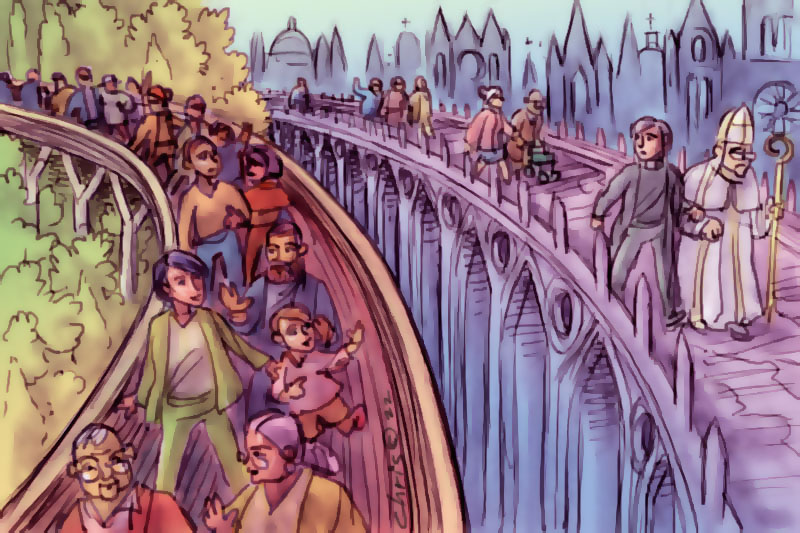
RELIGION
- Tracey Edstein
- 14 September 2022
6 Comments
There is no doubt that the institutional Catholic church has lost ground in the last few decades. But unlike the institutional Catholic church, the parallel church is thriving. As people seek to engage with their beliefs and live their lives of faith more deeply, many have come to embrace a spirituality which, framed by authentic Catholic tradition, encompasses an expanded array of practices.
READ MORE 
-
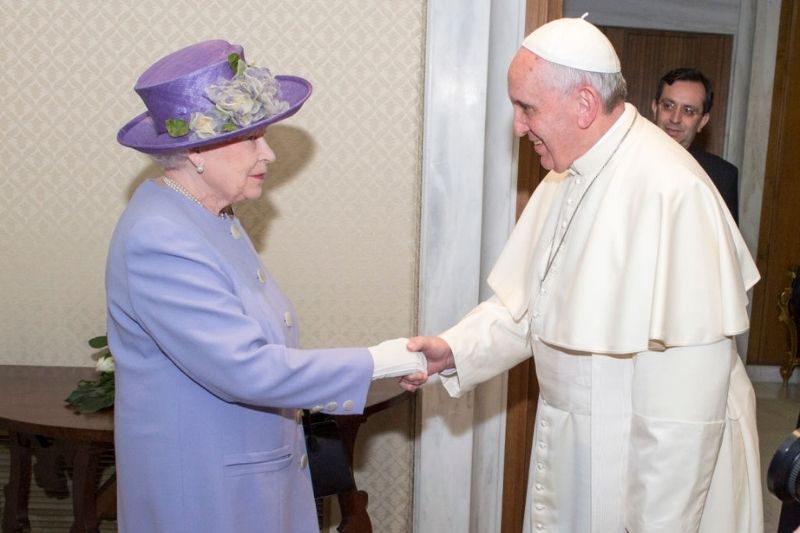
RELIGION
- John Warhurst
- 13 September 2022
7 Comments
Republican sentiments from prominent Australians did not ever preclude great personal admiration for Queen Elizabeth for her devotion and service. Now, following her death, attention has particularly turned to her Christian faith. Following the lead of Pope Francis, the Australian bishops have joined in widespread community admiration. Pope Francis spoke of ‘her steadfast witness of faith in Jesus Christ and her firm hope in her promises’.
READ MORE 